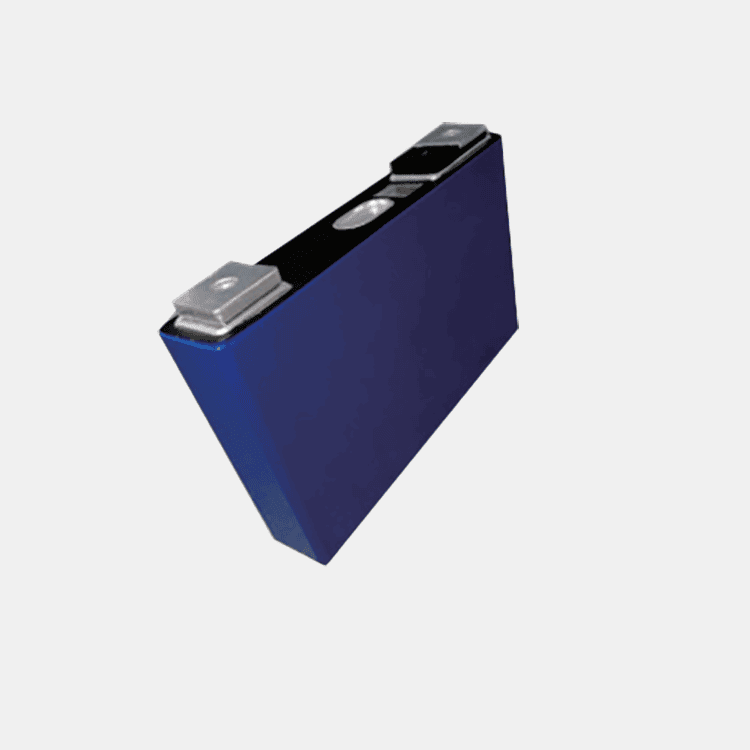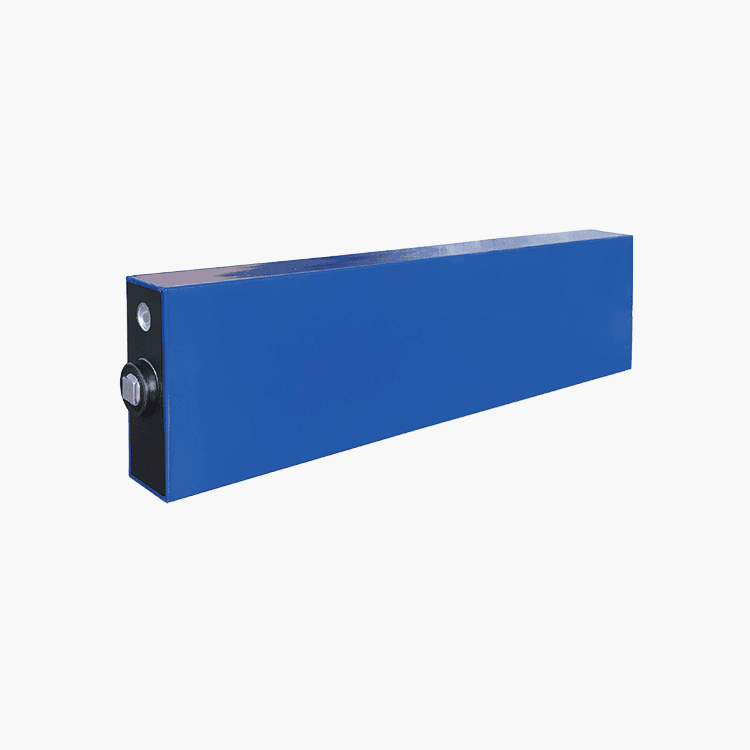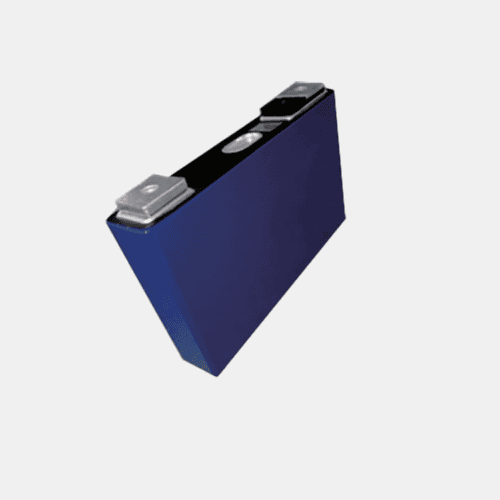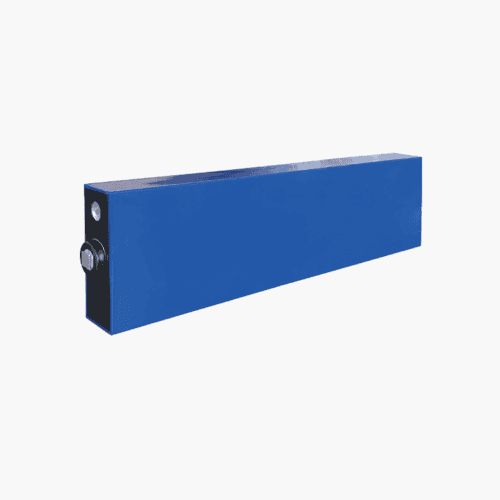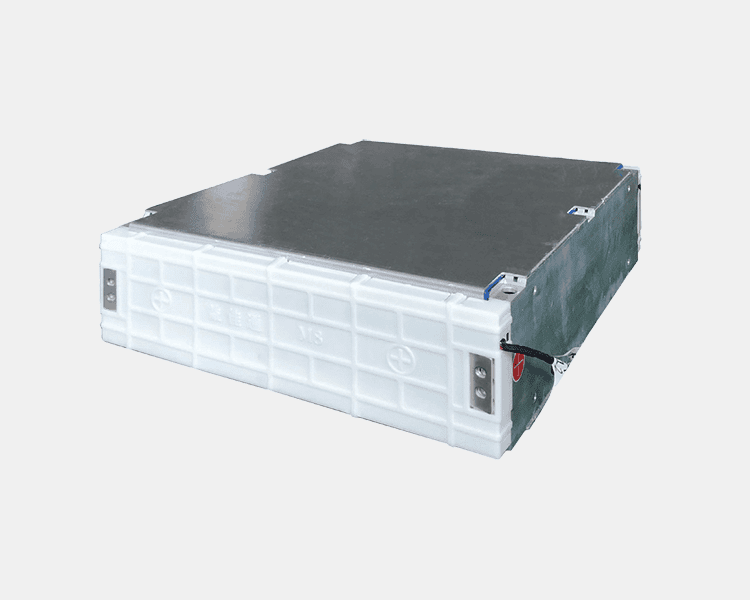3.2V Lithium Battery Cell
The 3.2V lithium battery cell is a high-performance, rechargeable battery widely used in various electronic devices and energy storage systems.
The 3.2V lithium battery cell is a high-performance, rechargeable battery widely used in various electronic devices and energy storage systems. It utilizes advanced lithium-ion technology, offering high energy density and long cycle life, making it suitable for applications that require a stable power source.
Key Features
- Voltage: 3.2V, suitable for a variety of application needs.
- Capacity: Available in multiple capacity options to meet different energy requirements.
- Cycle Life: Exceeds 2000 charge-discharge cycles, ensuring reliability for long-term use.
- Safety: Equipped with multiple protection designs to prevent overcharging, over-discharging, and short circuits, ensuring user safety.
- Eco-Friendly: Free from heavy metals and compliant with environmental standards, supporting sustainable development.
Applications
- Consumer Electronics: Mobile phones, tablets, laptops, and other portable devices.
- Power Tools: Power sources for various electric tools.
- Energy Storage Systems: Solar energy storage, UPS (Uninterruptible Power Supply), etc.
- Electric Vehicles: Suitable for electric bicycles and scooters.
Technical Specifications
- Chemical Composition: Lithium Iron Phosphate (LiFePO4)
- Dimensions: Customizable based on customer requirements
- Weight: Lightweight design for easy handling and installation
- Operating Temperature: -20°C to 60°C, suitable for various environmental conditions
Purchase Information
For more details about the 3.2V lithium battery cell or to place an order, please contact our sales team. We offer flexible ordering options and high-quality after-sales service to ensure customer satisfaction.
| Voltage | 3.2V |
|---|


Cum sociis natoque penatibus
Purus in mollis nunc sed id semper risus. Velit laoreet id donec ultrices. Tellus pellentesque eu tincidunt tortor. Cum sociis natoque penatibus et. Vitae elementum curabitur vitae nunc sed velit. Nulla pellentesque dignissim enim sit amet venenatis urna cursus eget.
Mattis enim ut tellus elementum
Dolor morbi non arcu risus quis. Quisque non tellus orci ac auctor augue mauris augue. Ipsum a arcu cursus vitae congue mauris rhoncus aenean.
- Cum sociis natoque penatibus et
- Aliquam eleifend mi in nulla posuere
- Ullamcorper malesuada proin libero
- Purus in mollis nunc sed id
